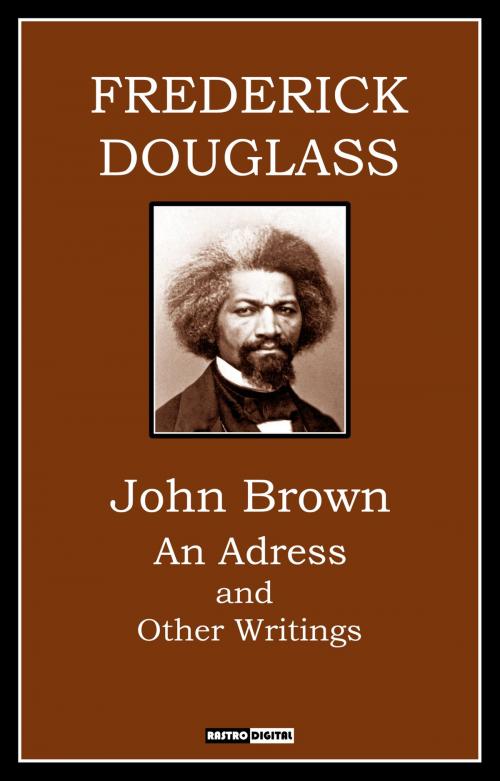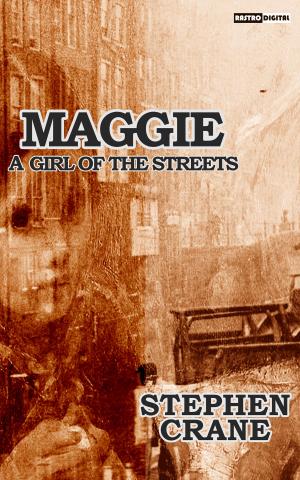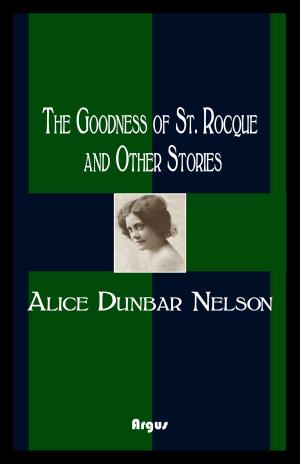JOHN BROWN AN ADDRESS AND OTHER WRITINGS
Nonfiction, Social & Cultural Studies, Social Science, Cultural Studies, Minority Studies, Discrimination & Race Relations| Author: | Frederick Douglass | ISBN: | 1230003159712 |
| Publisher: | Rastro Books | Publication: | March 30, 2019 |
| Imprint: | Language: | English |
| Author: | Frederick Douglass |
| ISBN: | 1230003159712 |
| Publisher: | Rastro Books |
| Publication: | March 30, 2019 |
| Imprint: | |
| Language: | English |
Full text of "John Brown. An address by Frederick Douglass, at the fourteenth anniversary of Storer College, Harper's Ferry, West Virginia, May 30, 1881".
Frederick Douglass (born Frederick Augustus Washington Bailey; c. February 1818 – February 20, 1895) was an American social reformer, abolitionist, orator, writer, and statesman. After escaping from slavery in Maryland, he became a national leader of the abolitionist movement in Massachusetts and New York, gaining note for his oratory and incisive antislavery writings. In his time, he was described by abolitionists as a living counter-example to slaveholders' arguments that slaves lacked the intellectual capacity to function as independent American citizens. Northerners at the time found it hard to believe that such a great orator had once been a slave.
Full text of "John Brown. An address by Frederick Douglass, at the fourteenth anniversary of Storer College, Harper's Ferry, West Virginia, May 30, 1881".
Frederick Douglass (born Frederick Augustus Washington Bailey; c. February 1818 – February 20, 1895) was an American social reformer, abolitionist, orator, writer, and statesman. After escaping from slavery in Maryland, he became a national leader of the abolitionist movement in Massachusetts and New York, gaining note for his oratory and incisive antislavery writings. In his time, he was described by abolitionists as a living counter-example to slaveholders' arguments that slaves lacked the intellectual capacity to function as independent American citizens. Northerners at the time found it hard to believe that such a great orator had once been a slave.















